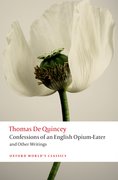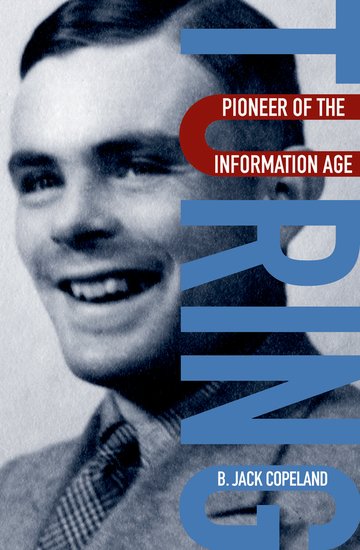The History of the World: Israel becomes a state
From the beginning of the Nazi persecution the numbers of Jews who wished to settle in Palestine rose. As the extermination policies began to unroll in the war years, they made nonsense of British attempts to restrict immigration, which was the side of British policy unacceptable to the Jews; the other side – the partitioning of Palestine – was rejected by the Arabs.






